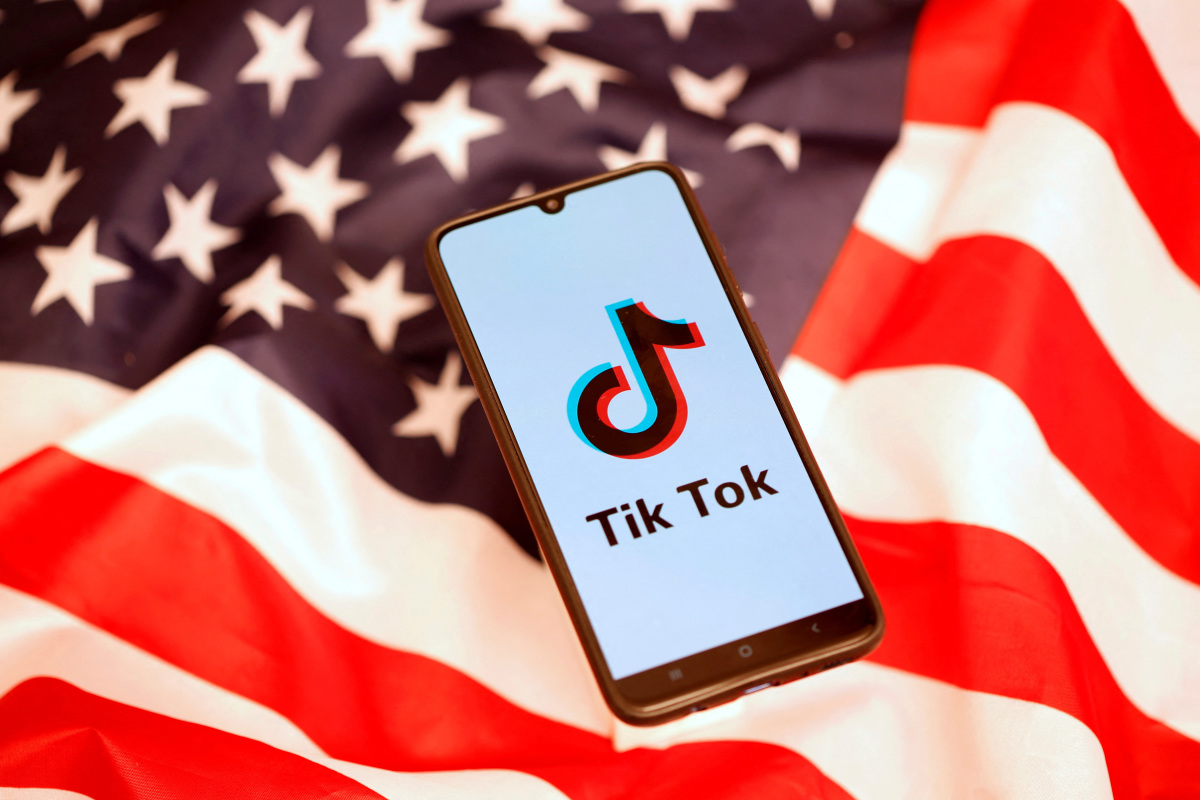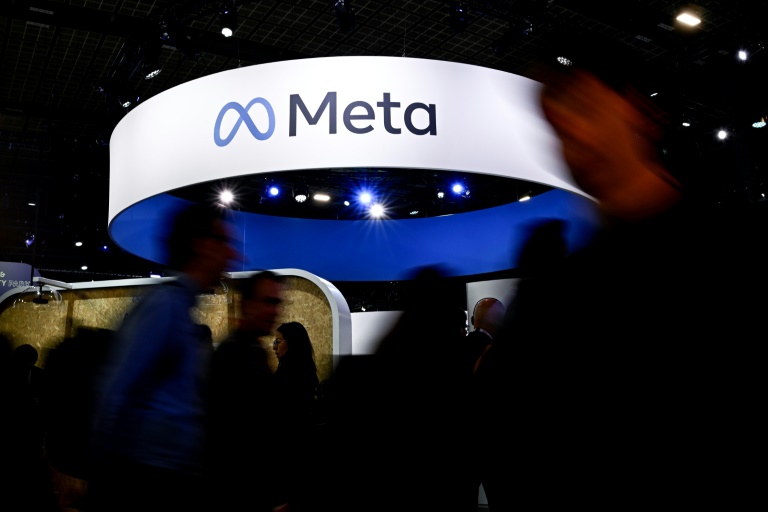KEY POINTS
Austrian government workers can continue using the app on private phones
An increasing number of European nations have also banned TikTok on government-issued devices
The U.S. is pursuing a potential blanket ban but some experts noted hurdles along the way
Austria is the latest country to join the list of nations banning the Chinese video-sharing app TikTok on government-issued devices, adding pressure on the United States to hasten its nationwide ban plan amid increased concerns over national security.
Austrian Interior Minister Gerhard Karner said Wednesday that his country will ban TikTok on government devices, specifically on mobile phones, Reuters reported. “On the private phones outside the state network it will of course be possible (to use the app),” Karner told reporters when asked if elected officials can still use the app.
Karner’s confirmation came after several other countries barred government officials from using TikTok on government devices.
Global governments started prohibiting officials from using the app on government-provided devices after concerns emerged over possible connections of the app’s parent company, ByteDance, with the Chinese government.
India was the first to move against the popular video app in 2020 by requiring it to explain its stance on the Indian government’s privacy and security queries. The country’s Ministry of Electronics and Information Technology permanently banned TikTok and 58 other Chinese apps early in 2021.
Afghanistan announced a ban on TikTok in the country in April 2022, with the Taliban labeling the app as “not consistent with Islamic laws,” as per Bloomberg.
Late last year, Taiwan banned TikTok use in the public sector and launched an investigation into allegations that one of the app’s affiliates was illegally operating on the island.
Earlier this year, the Canadian government banned TikTok from official government devices. Government workers will be “blocked from downloading the application in the future,” according to a statement from the Treasury Board of Canada Secretariat.
Australia led the TikTok purge in March when Attorney-General Mark Dreyfus said the government was banning the app following advice from intelligence agencies.
Also in March, Belgium said government phones were not allowed to have TikTok for at least six months. The Danish Defense Ministry also followed suit in prohibiting government employees from using the app on official devices, as well as the Netherlands, New Zealand, Norway, and the United Kingdom.
Responding to the app’s ban in the UK, Giles Derrington, senior government relations and public policy manager at TikTok, told BBC that the British government made it clear the decision was made “largely because of geopolitical concerns because others have taken similar steps.”
Derrington said the company was taking several measures to try to ensure data and privacy protection for every TikTok user so “every government can be sure that we are keeping their data safe.”
Meanwhile, in the U.S., the government has yet to pass bills that will effectively put a blanket ban on the app across the country even as the Biden administration issued a directive to remove TikTok from all federal devices and systems.
In March, several Republican lawmakers demanded that all policymakers be barred from using TikTok even on non-government devices. The lawmakers said in a letter to the Senate and House rules committees that “all members of Congress must lead by example and immediately stop using the platform for official communications.”
Observers noted that a blanket ban may be far off in the U.S. as experts said there may be too many stumbling blocks in the efforts to wipe the app from all devices, including resistance from the Chinese government and antitrust concerns, Politico reported.
“They can ban financial transactions, or they can try to force divestiture. But they don’t have the ability to ban TikTok itself,” said James Lewis, director of the Strategic Technologies Program at think tank Center for Strategic and International Studies.
On the other hand, Montana lawmakers passed a bill that will implement a statewide ban on the app. If signed by the governor into law, it will be the first U.S. state to block TikTok statewide.
House Speaker Kevin McCarthy has said that the government will move forward with legislation that should address concerns related to the Chinese app.
There have been questions about why countries want to ban the app, and some observers said the issue boils down to China and the race toward tech dominance. After a trade war during the Trump regime, it appears that the Biden administration is focused on waging a tech war with China, wrote Enrique Féas of the think tank Elcano Royal Institute.
Féas noted that the tech war between the U.S. and China can introduce “dangerous imbalances” to the global supply chain, thus affecting Europe.
Notably, most of the countries that recently banned TikTok from government devices are European nations and pressure is building up on the U.S. to lead China in the global tech race.
In March, the Australian Strategic Policy Institute found that China is leading the U.S. and other Western nations in the tech race. The ASPI’s tracker said China was leading in 37 of 44 critical and emerging technologies.





















